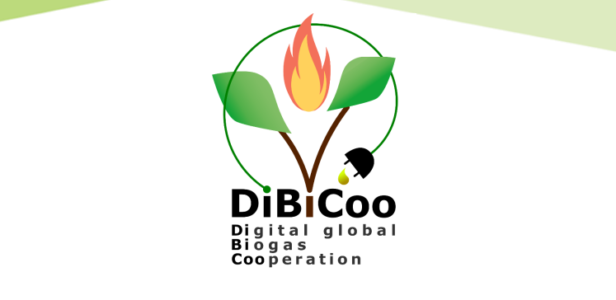Executive Summary
The diffusion of circular technologies is a necessity if global and national decarbonisation tar- gets are to be met. With biogas technology being exported by largely developed regions and technology imported by developing regions, there is a need to create the necessary conditions for effective diffusion on both sides of the import/export relationship.
This task uses data obtained from interviews with stakeholders from Argentinian, Ethiopian, Ghanaian, Indonesian, and South African industrial biogas markets to formulate a methodologically defined Barriers Matrix and Research Needs Matrix. Research needs were further analyzed using an Open Coding approach, together with prominent technology diffusion theory (Roger’s Diffusion of Innovations), to prioritize specific research areas that may contribute to- wards the fast-tracking of biogas technology adoption.
Results found that organizational research (network development, database generation, independent market and feedstock reviews, observability campaigns) take a priority over technical research (physical adaptation of biogas technology) in developing economies. Compatibility of technology is important to an importing region. Matching technology complexity with regional technical capacity is a research priority, with capacity building activities and technological simplification being expected solutions to this barrier. The development of demand-pull policies to the level of those existing in Europe is an unlikely scenario for many developing regions. There- fore, a focus on demand-based market growth, independent of significant external stimulus, is a priority for developing-country decisionmakers going forward.
A new model, the Renewable Energy Multiplier Paradox, seeks to express the experience gained through interviews and interview analysis. The take-home from this model is that there are a multidimensional set of research-derived, research-influenced and research-independent mechanisms that can influence a biogas market creating positive emergent benefits for the entire sector. It is important to recognize which of these mechanisms best match local demand conditions, solve barriers on the regional level and produce the most positive outcome for both the market and wider society.
The products of this study (research needs and research prioritization) stand as valuable and methodologically defined resources for research stakeholders interested in the global diffusion of biogas technology. Applying the general research needs defined in this study to a specific regional context would be a useful extension of this work.
To read the full report click the download button:
